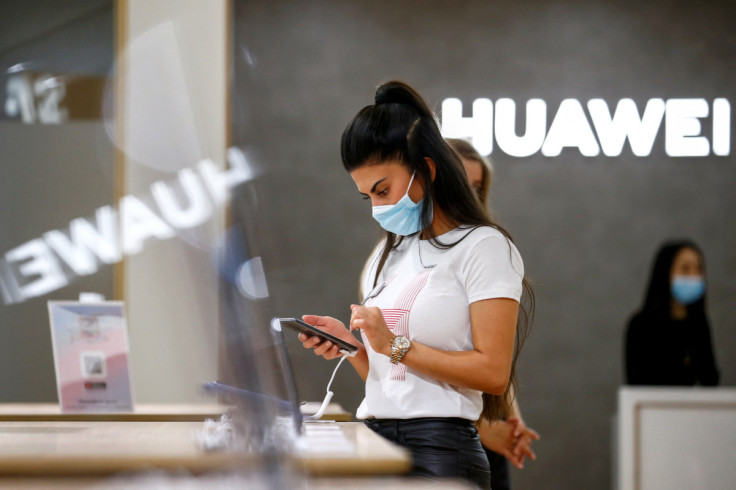China Claims US Has Been Hacking Huawei Servers Since 2009
As part of a significant strategic shift, Huawei has decided to deviate its focus to AI (artificial intelligence) for the next decade.

China has accused the US of hacking Huawei servers since 2009, claiming that Washington forces tech companies to install backdoors for spying.
These claims come amidst growing tensions between the two global powers. China's Ministry of State Security has made these allegations via a post on its official WeChat account.
It claims the US intelligence agencies adopted "key despicable methods" in the realm of cyberespionage and data theft.
This accusation is based on the opinion that the US government, along with the country's big tech companies, has secretly installed backdoors in software, apps and equipment. These apps allegedly facilitate the extraction of vital data from nations like China and Russia.
The official statement specifically mentions Huawei Technologies. It accuses the Office of TAO (Tailored Access Operations) of initiating server infiltrations at Huawei's headquarters in 2009 and continuing these surveillance activities.
Interestingly, Huawei Technologies' founder declared the tech company had replaced thousands of US-banned parts in its products back in March. The US Department of State is still mum on the accusations put forth by China and hasn't released an official response.
Escalating tensions between US, China
These allegations have surfaced at a time when both the United States and China have been expanding their global espionage operations. In July, it was reported that Beijing-linked hackers had managed to access the emails of the US ambassador to China.
This incident exposed hundreds of sensitive emails. Correspondingly, China's National Computer Virus Emergency Response Center detected a spyware called "Second Date" while investigating into a cyberattack on Northwestern Polytechnical University in Xi'an in 2022.
The Ministry describes Second Date as a cyber-espionage malware developed by the US National Security Agency, which operates secretly in several networks in multiple countries around the world.
Amidst mounting tensions, US National Security Advisor Jake Sullivan recently expressed interest in understanding the new "Made in China" Huawei chipset that powers the Mate 60 Pro smartphone.
Moreover, the Xi Jinping government banned its officials from using Apple iPhones at work but later retracted the decision and allowed all foreign devices, including Apple devices, to be used by individuals in the country.
Huawei changes its strategy In the midst of the US-China tech war
Amidst the ongoing tech war, Huawei has deviated its focus to AI (artificial intelligence) for the next decade. In other words, it will not focus on cloud computing and intellectual property.
During an event that took place in Shanghai, Huawei's rotating chairwoman and CFO, Meng Wanzhou, announced the company's "All Intelligence Strategy". Apparently, the company will spare no effort in a bid to leverage AI's growing impact across industries.
Huawei wants to build a robust computing backbone for AI in China and globally. Meng Wanzhou said: "Our end goal is to help meet the diverse AI computing needs of different industries." However, details about the plans are still few and far between.
© Copyright IBTimes 2025. All rights reserved.




















